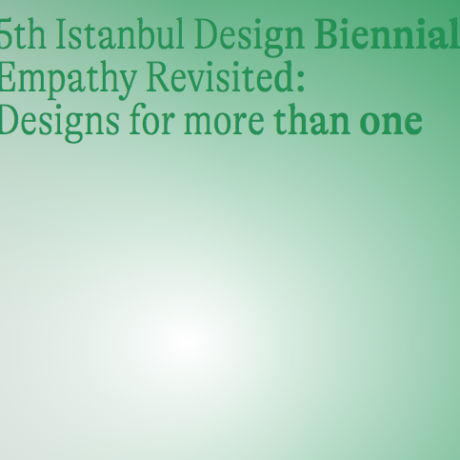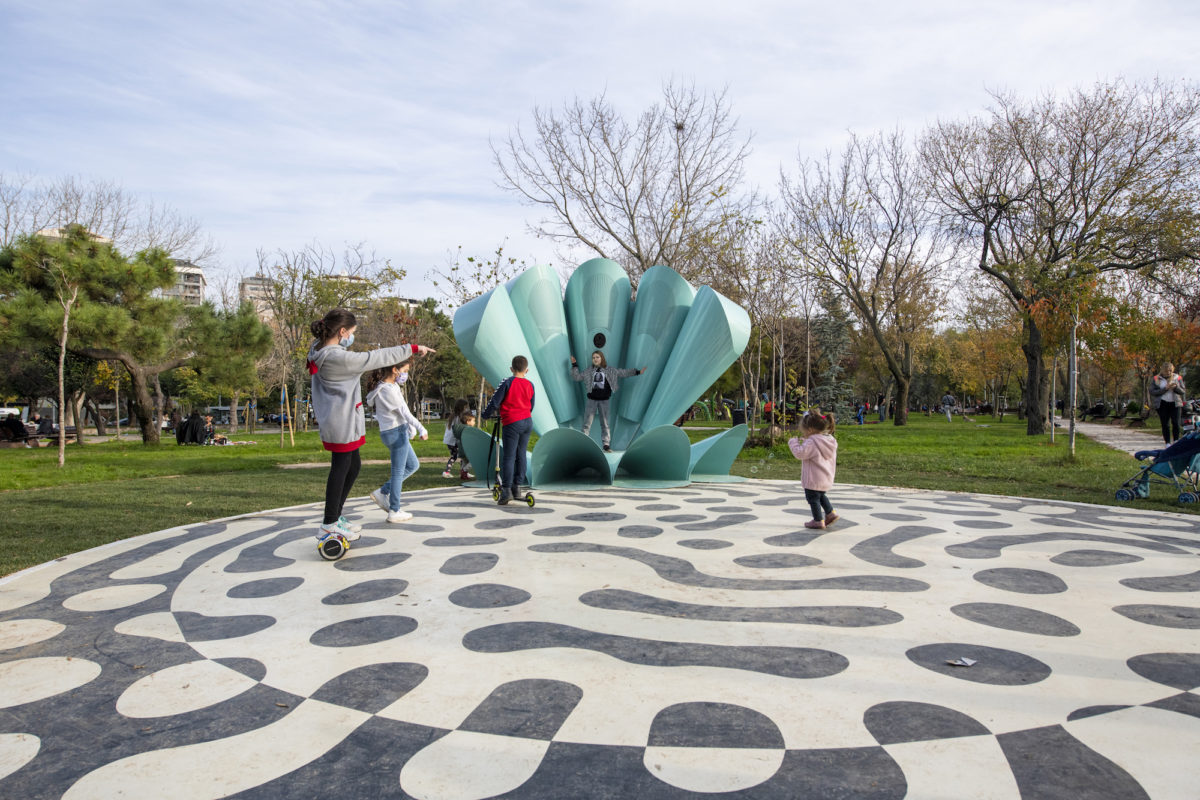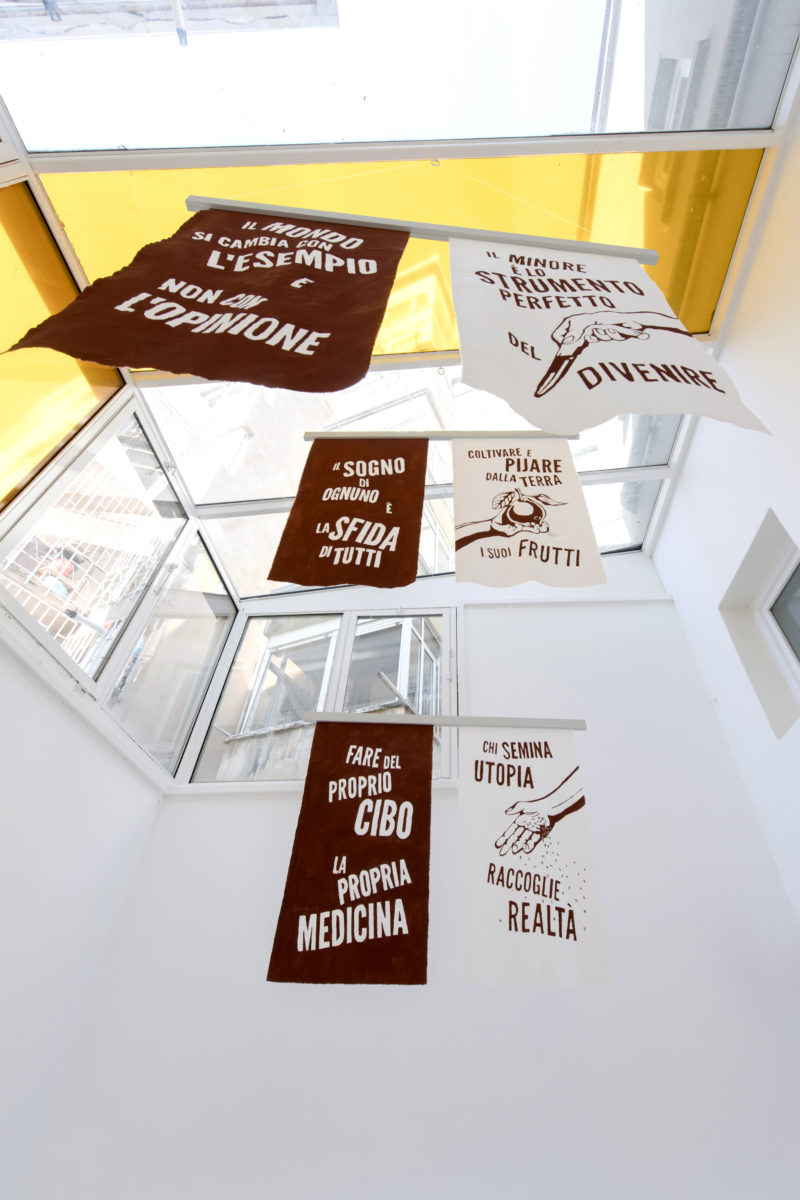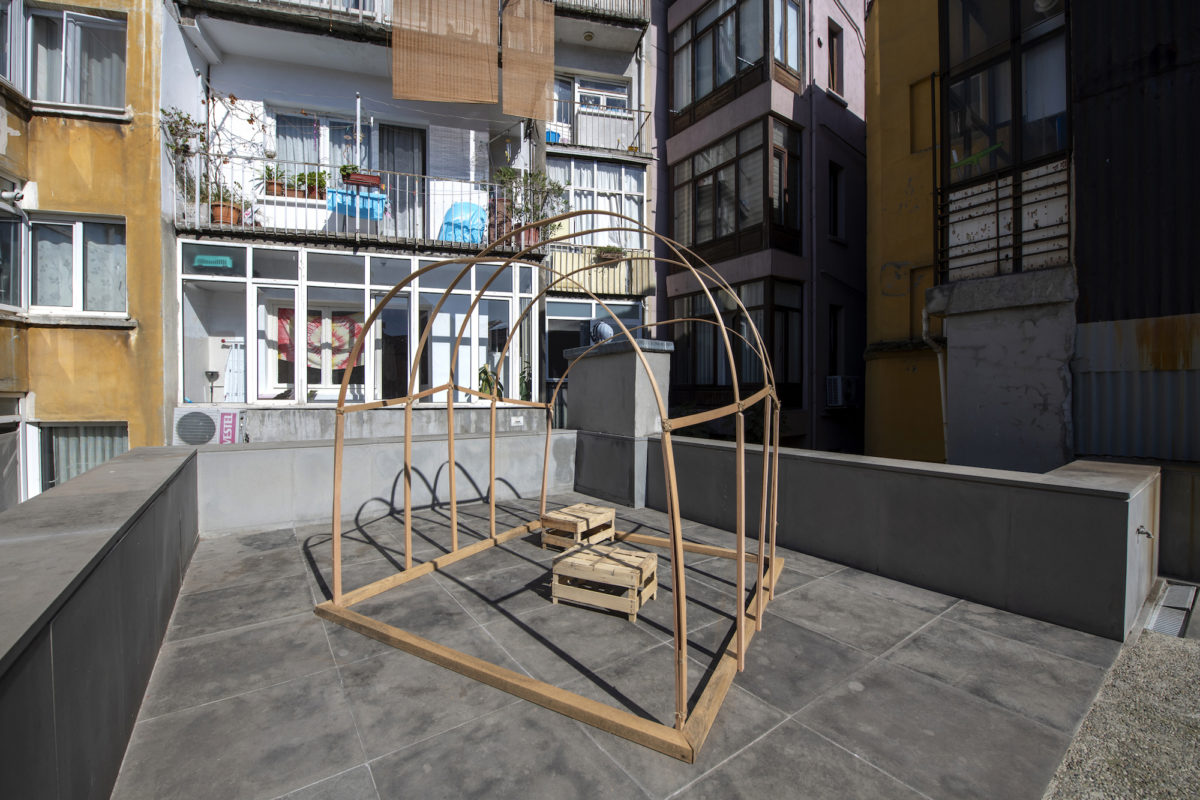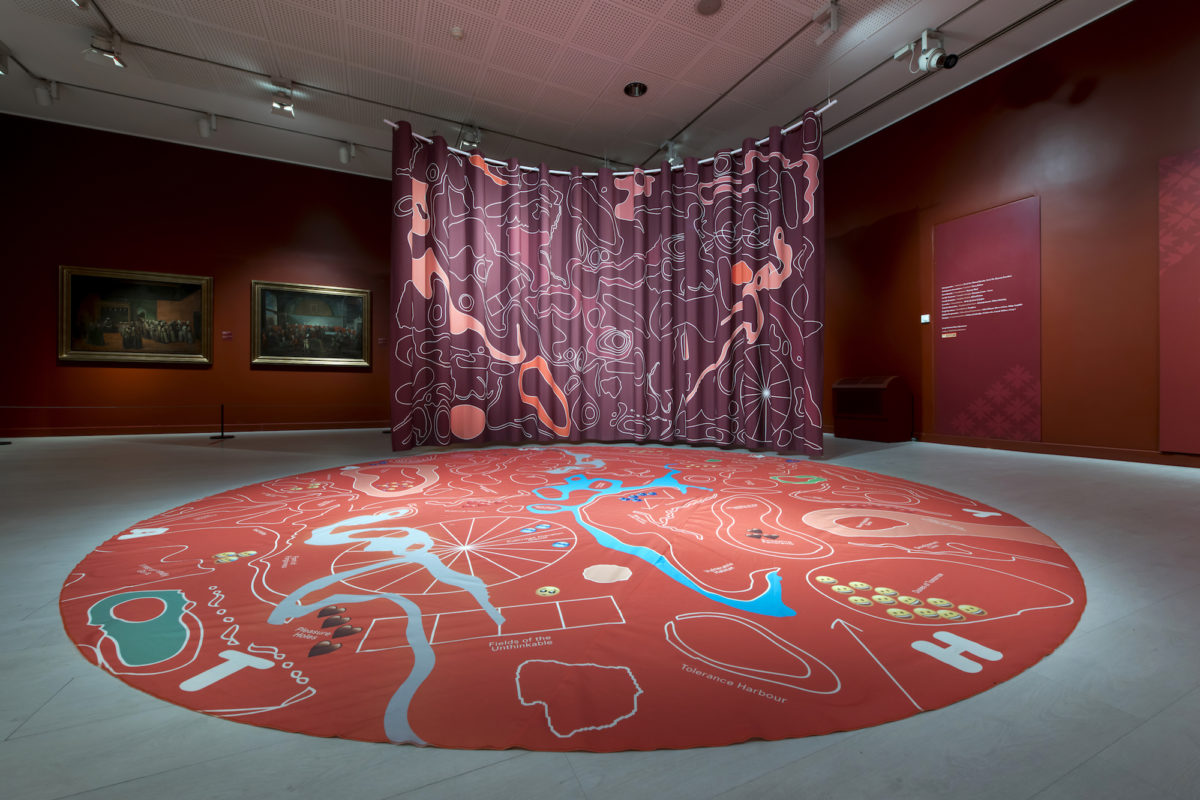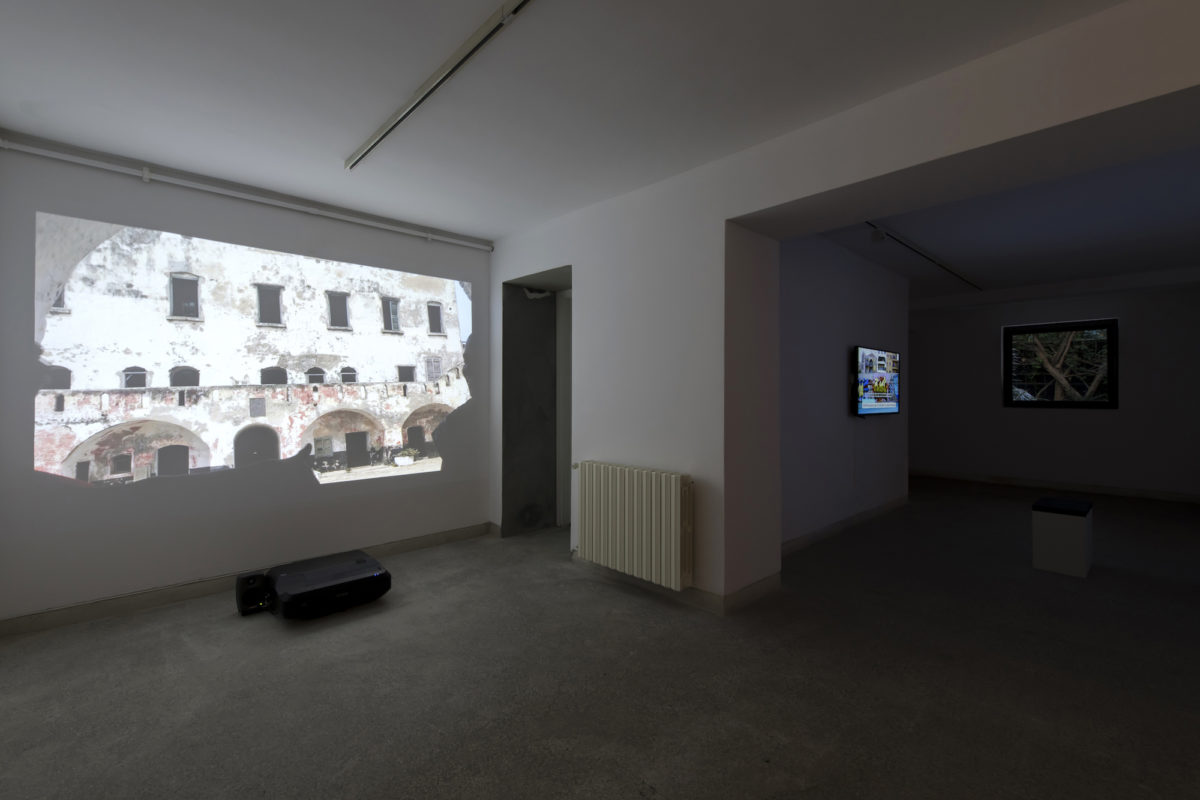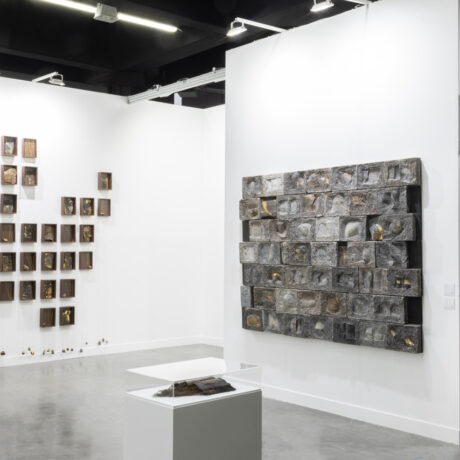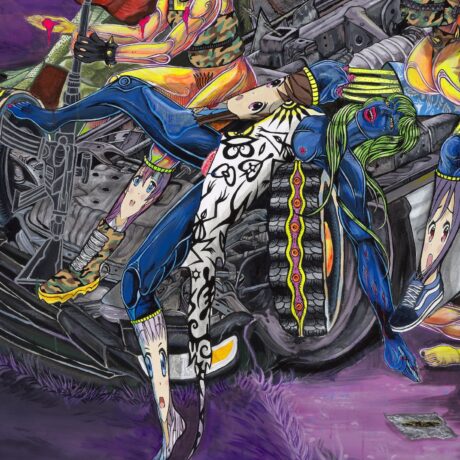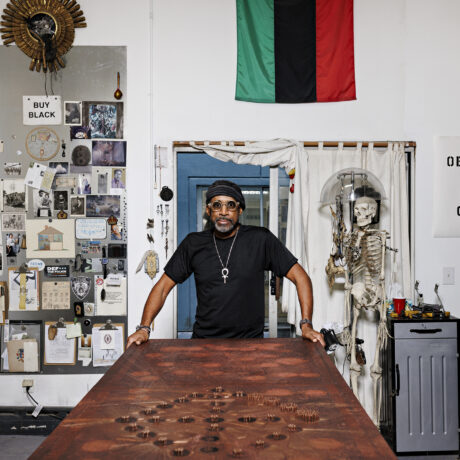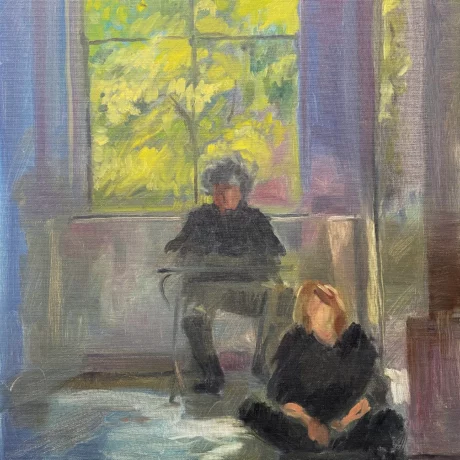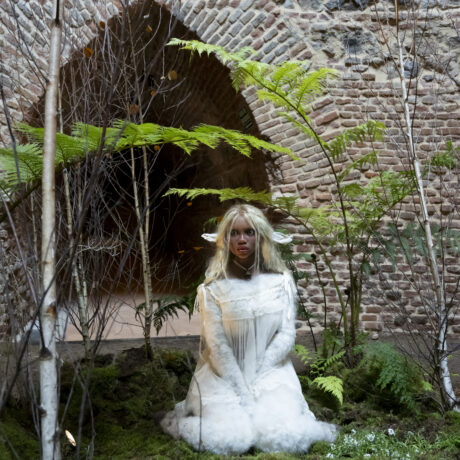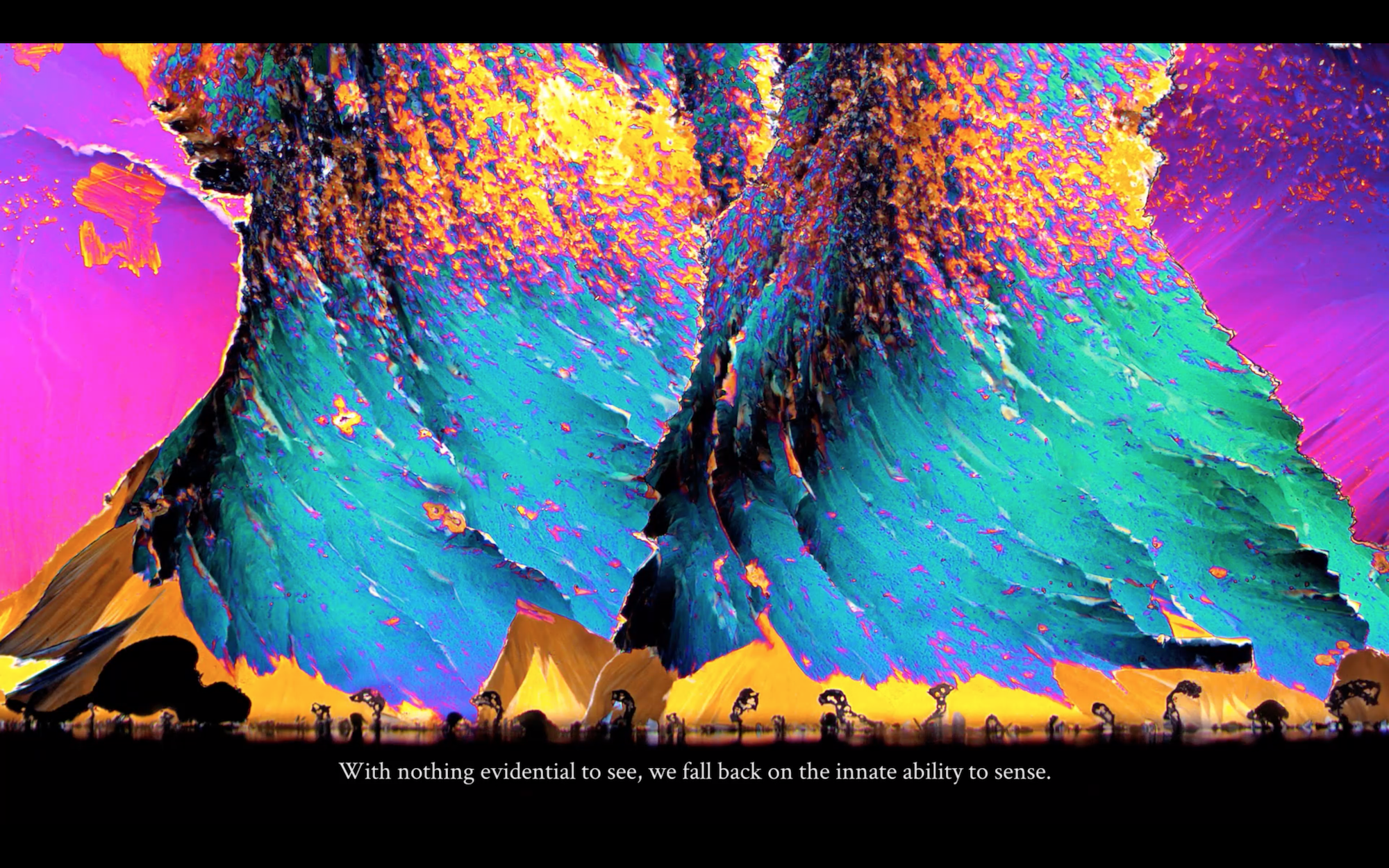
In 2020, the Biennial Foundation listed 273 active global biennales—a five-fold increase from the number of global art events held a decade prior (this figure does not include design biennales, triennials, and other biennale-adjacent events). With dozens of novel biennales rolled out each year, it seems there is no greater manifestation of global capitalism and soft power than the itinerant cultural event. Until Covid, that is. While most global art and design events have hit the bench—their jet-set glitterati on a semi-permanent standby—others have forged on.
The fifth Istanbul Design Biennial (IDB5), organised by the Istanbul Foundation for Culture and Arts (İKSV), aims to work through the shifting paradigms of the pandemic rather than in spite of it. Its hybridised digital-physical program is hyperlocal, organised largely through local agents. Could the resulting event actually serve Istanbul’s public in ways that biennale culture mostly fantasises about? “We have become immune to the numbers in the news,” Mariana Pestana, head curator of IDB5, reflects on the ecological crisis from her apartment in Porto, where she’s been weathering lockdown. “But the emotional engagement of empathy is real; this is not a moment for cynicism. How can we change the paradigm?”
Unlike many exhibitions addressing climate change, Empathy Revisited: Designs for More Than One operates from a point of optimism. Taking the root of ’empathy’ (meaning to ‘feel into’) as her source, Pestana, along with her co-curators Sumitra Upham and Billie Muraben, have developed a program that holds embodied knowledge and interspecies relationships close. Ditching the idea of scalable design—a mantra hyped by the one-size-fits-all approach of Silicon Valley and buoys the incessant production module of global capitalism—IDB5 hones in on local spaces, agents, and the global language of food.
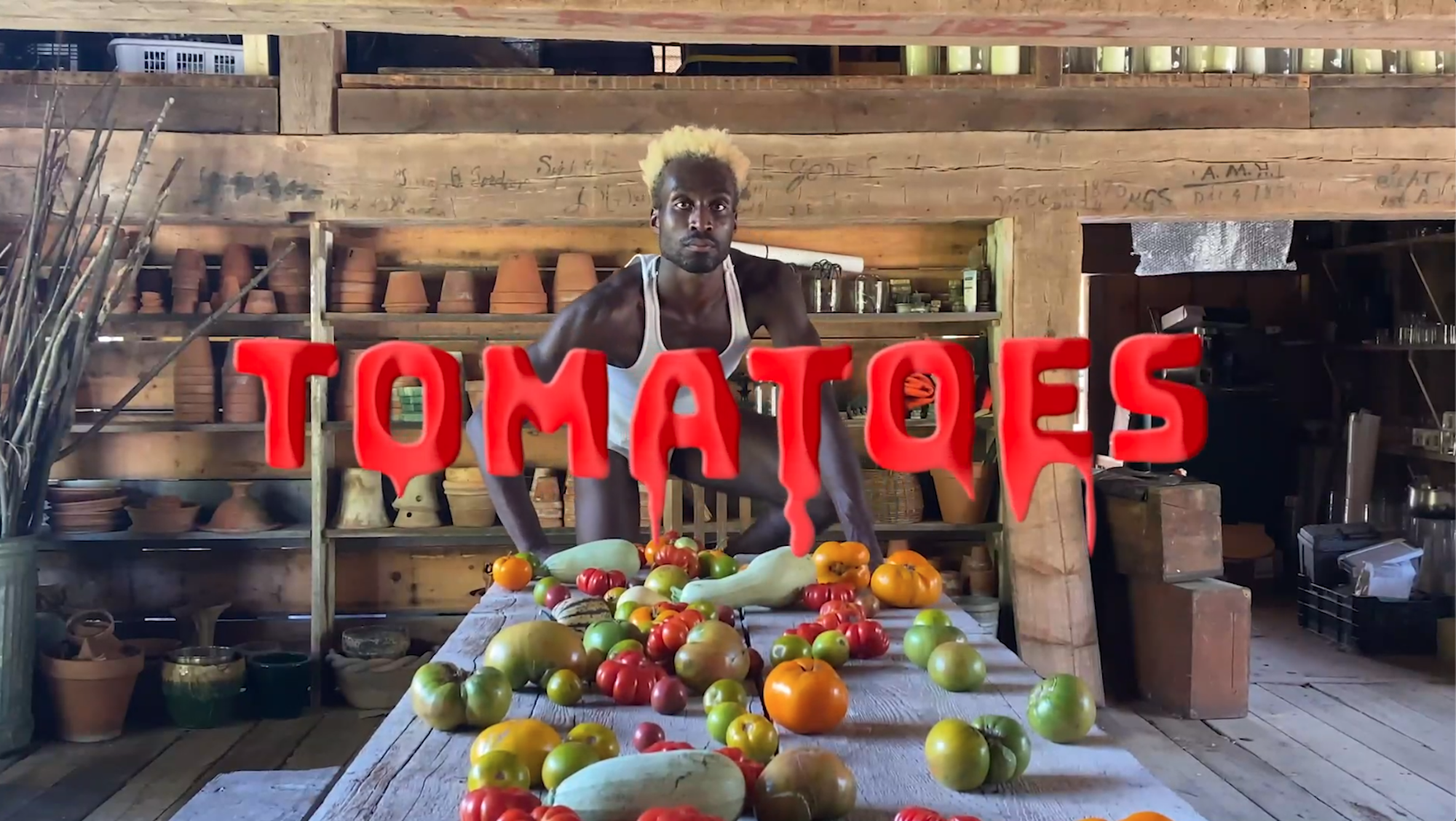
Divvied into three curatorial sections spread across IRL and URL spaces, Empathy Revisited offers up The Critical Cooking Show to its digital audience. Riffing on the easily digestible and enduring pop-cultural appeal of the cooking show format, Critical Cooking Show is a space to think more urgently about food, politics, and society. (“It’s a format that was always developed to be watched from home,” Pestana reflects, “and perfected as a means to communicate a certain message.”) Featuring a roster of artists, designers, architects and chefs, Critical Cooking Show gets a little more esoteric than, say, The Great British Bakeoff, but it doesn’t skimp on the entertainment factor. Cosmic edibles, mould mindfulness workshops, and relearning your love of avocado toast as a facilitator of capitalist colonisation are all on the menu.
“The celebratory, razor-sharp video situates Black culture, hyperlocal food ecologies and community-led mutual aid at its core”
Your Mouth has Power, a collaborative film by futurist food magazine MOLD and chef DeVonn Francis of Yardy World, broadcast from Brooklyn, quickly stands out from the offerings. A blend of mesmerising cinematography and makeshift TikTok aesthetics, Goosebumps-grade graphic design, and the most jubilant caprese salad recipe you’ll ever encounter are par for the course in this celebratory, razor-sharp video that situates Black culture, hyperlocal food ecologies and community-led mutual aid at its core. Though conceived before a global pandemic alchemised our newsfeeds into a DIY cooking channel of sourdough enthusiasts and freegan foragers, Critical Cooking Show taps into the cultural currency of food as perhaps the ultimate empathetic device—whether online or away from keyboard.
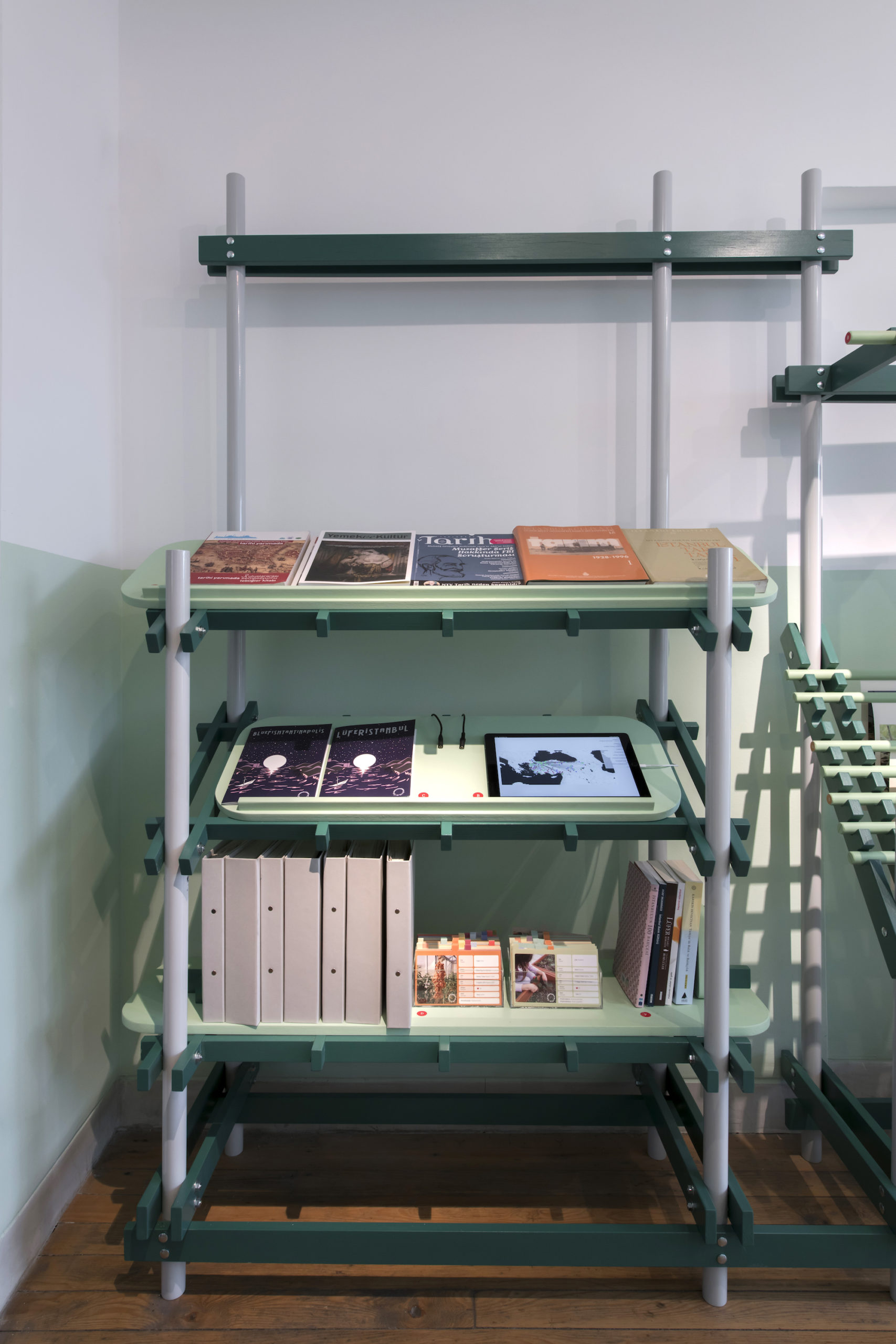
Istanbul dwellers have access to The Library of Land and Sea and New Civic Rituals—two very different programs that are united by their shared interest in the history and future of local spaces and ecologies. Comprised of ten commissioned research projects hosted inside a pop-up space designed by local architecture studio Future Anecdotes, the Library explores the political, social, and ecological conditions of specific territories in the Mediterranean. Donning gloves and adhering to a strict single-person entry protocol, visitors can step into the archive and become their own researchers. IDB5’s Library is strengthened by its regional focus and experiential presentation (seed beds, cosmic tents and video installations take the place of a more conservative bookshelf format).
Agros Istanbul, a collaboration between students from the Graduate Program of Architecture and Urban Studies at Kadir Has University in Istanbul and Turkish architect Aslihan Demirtas excavates the history of 1600-year-old urban gardens in Istanbul. Mostly wiped out through present-day gentrification, these secret gardens strike a chord with the home-gardening trend born in the pandemic. They also complicate traditional ideas of where the urban ends and rural begins. Another standout project is Dele Adeymo’s The Cosmogony of (Racial) Capitalism, which tracks the expansion of the Mediterranean’s sugar-cane plantations to the Guinea Coast as both a prototype of colonisation and a precursor to global capitalism.
New Civic Rituals is where Empathy Revisited establishes itself as a different breed of biennial. Across these ten projects—half of which are installed now, the other half in April 2021—the biennial initiates permanent interventions into Istanbul’s public spaces, led by its residents. A multispecies floating island, a dance stage, a public wood-burning stove from the Lebanese protests of 2019, and a fermentation kit that allows the microbial cultures of Istanbul to live on in your gut are but a few of these projects, which use urban voids, human bodies and more-than-human ecologies to melt boundaries through empathy.
“The Library is strengthened by its regional focus and experiential presentation (seed beds, cosmic tents and video installations”
“During the pandemic, microorganisms have got all kinds of bad press—it’s the ‘war against the virus’,” suggest Orkan Telhan and Uriel Fogué Herreros of Elii, a Spanish architecture office, who together are leading Microbial Fruits of Istanbul alongside the Istanbul University Department of Molecular Biology and Genetics. “But this fermented food carries with it the microbial history of what happened to Istanbul over thousands of years. By welcoming them into our body, these microorganisms can transform and expand our idea of civic space to incorporate a mutispecies and multiscalar world.”
Crucially, New Civic Rituals is organised in collaboration with the Young Curators Group. Comprised of Istanbul-based curators Nur Horsanalı, Ulya Soley and Eylül Şenses, they ensure the projects draw links to the specific context of the city, and facilitate future stages for each project, to be developed in tandem with residents. The public dance stage, designed by Swedish organisation Dansbana! in the Kalamiş park on the Bosphorus strait, for instance, was developed remotely through a collaboration with the Kadiköy municipality and local dancers. “What’s important about these interventions is the connection of structure with context,” explains Pestana, who refers to New Civic Rituals as phase one of these projects’ lifespan. “If they were just parachuted into the city, it wouldn’t make much sense at all.”
- Left: The Rodina's Map of Empathetic Society. Photo by Kayhan Kaygusuz. Right: Installation view of Cosmogony of (Racial) Capitalism, Dele Adeyemo, 2020. Photo by Kayhan Kaygusuz
After the biennale boom of the 1990s and long before then too, there has always been a palpable tension where global visions and currencies meet local politics and society. Often, curators and artists will attempt to smooth over the inevitable cracks by producing ambitious, hyperlocal exhibitions touting socially-conscious thematics that, as seen through Documenta 14 and Olafur Eliasson’s Green Light project at the 2017 Biennale, can fail, fetishise, and exploit the very publics they claim to serve. On the other end of the spectrum, the global art event can take on a modular and top-down approach, floating from one city to the next, indifferent to its context.
“A fermentation kit allows the microbial cultures of Istanbul to live on in your gut, more-than-human ecologies to melt boundaries”
In contrast, IDB5’s projects and interventions are permeable, sprawling, hopeful, and—most significantly—unfinished. They will develop organically to the needs of the city long after the biennial closes its doors, because they are in the hands of people who actually live there. The result is a more generous and generative kind of global art and design event that’s conceived with care toward local ecologies, agents, and civic spaces. By focusing on what the curators call “the macro in the micro”, or small-scale local interventions that can dial upwards and outwards over time, Empathy Revisited presents a kind of critical optimism. It asks what design can look like and do for the planet if empathy is a core tenant. If any kind of global cultural event is to emerge from the other side of the pandemic, shouldn’t it be one that benefits its local context while it pilots a future for more than one species?
